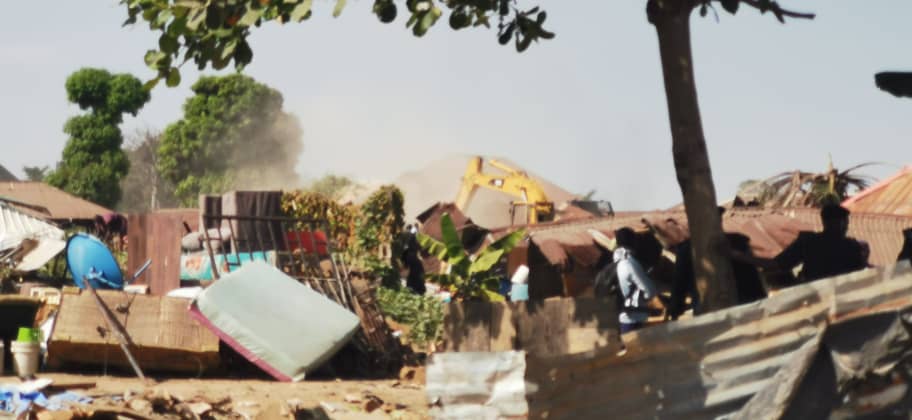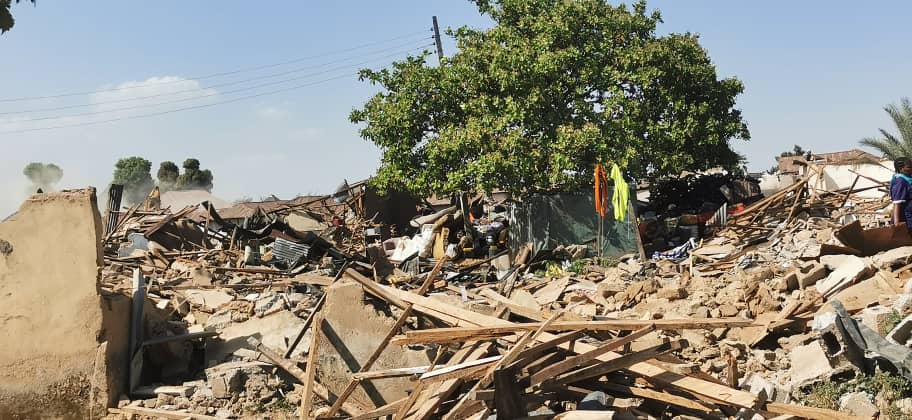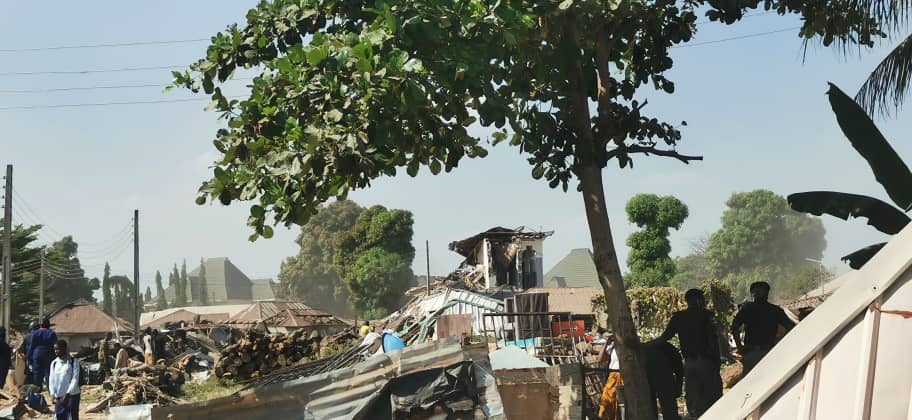ABUJA — The developer behind the controversial demolition of the Kuchibedna community in Kafe District has defended the action as a long-overdue enforcement of court orders, claiming residents received compensation three times over a decade but repeatedly defied rulings by expanding an illegal settlement on the site.
O. Marx Ikongbeh, counsel for Winning Clause Nigeria Limited—the firm allocated Plot 67, Cadastral Zone C05, in 2011 under the Federal Capital Territory’s Mass Housing Programme—made the assertions during Thursday’s clearance operation, supervised by the FCT Administration (FCTA) with court bailiffs and security personnel.
Upon arrival, the company encountered about 20 houses in a small cluster, Ikongbeh said, prompting negotiations and initial payments in 2011, followed by further compensation in 2015 and 2016, including funds for traditional relocation rites mediated by the Sa’peyi of Garki. “Yet, despite these payments and multiple court judgments, the occupants refused to move,” he told journalists, alleging the community sold parcels illegally to non-natives, ballooning the settlement and encroaching on the alignment of Ring Road 3.

The legal saga, spanning 14 years, culminated in four defeats for the residents: a 2016 FCT High Court ruling by Justice Chizoba Oji declaring them squatters with no claim to compensation; a 2017 judgment by Justice D.Z. Senchi affirming trespass; a 2021 decision by Justice A.O. Ebong upholding the developer’s ownership; and a February 2025 Court of Appeal verdict (Appeal No. CA/ABJ/CV/696/2022) that sealed the matter, directing the FCT Minister to ensure vacant possession.
An August 22, 2025, enrolled order and September 23 warrant of possession triggered Tuesday’s demolition, which Ikongbeh framed as essential to curb crime, including reported killings and drug trafficking in the area.

The exercise, which razed structures despite resident pleas and a brief court stay, has displaced hundreds, with some seeking refuge at the village chief’s palace. Community leader George Kojo decried the action as unjust, insisting ancestral ties predated allocations and questioning the lack of fresh notice. Rights advocates, including those citing a separate August 2025 FCT High Court ruling awarding ₦200 million to demolition victims elsewhere, warn of humanitarian fallout amid Abuja’s aggressive urban renewal.
Ikongbeh dismissed such claims, releasing a digital archive of judgments and payment records to affirm compliance. As bulldozers roll on, the case spotlights tensions between development imperatives and informal settlements in Nigeria’s capital, where over 1,000 structures have fallen to similar drives this year.

